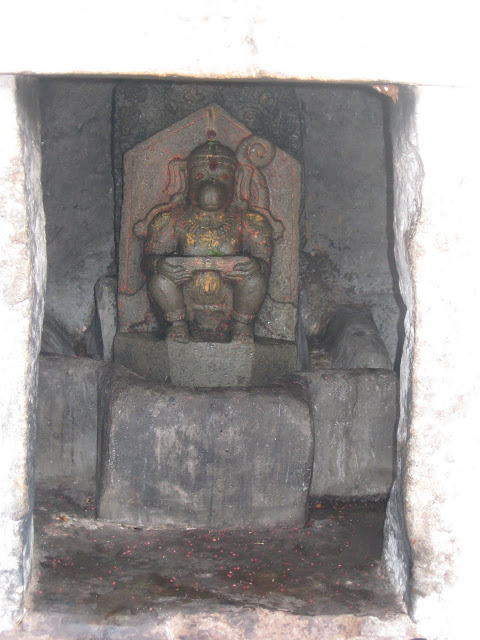Raja Bhoj was a great king who ruled over Malwa (part of present day Madhya Pradesh). He was a just and kind king, and was always very attentive to the problems of his subjects. He used to disguise himself and move around his kingdom, trying to understand the real situation, and took steps to improve the conditions.
On one such trip, the king came across a farmer who was ploughing his field, but with a difference. Instead of the two bulls which are yoked to the plough, he had yoked a bull to one end, and his wife to the other! The bull and his wife were pulling the plough with great difficulty, and the king was saddened by their plight.
He called out to the farmer, “My dear man, what are you doing? Can you not see that your wife is suffering, yoked as she is with the bull? How can you treat her thus?”
The man, who obviously could not recognize the king in his disguise, continued his work without a pause and replied, “I do not have the time to stop and explain things to you, but in any case, she is my own wife, and this is our own farm. What I do is no concern of yours!”
The king would not give up so easily, and went along with the man, asking for an explanation. At last, the man said, “I had two bulls, but one died recently, and I have no money to buy another one. If I do not plough the field now, I shall not be able to grow anything, and we shall starve this year. I had no choice but to yoke my wife to the plough. I would have yoked myself, but she cannot handle the plough by herself. What else can I do?”
The king was consumed by pity and said, “My dear man, please come along with me, and I shall give you a bull. You do not have to pay me any money.”
The man replied, “If I leave my work now, the rains might arrive before I plant the seeds. I cannot come with you. If you really want to help me, bring the bull here.”
The king did not want to leave while the woman was still yoked to the plough. He was a righteous king, and could not bear to see such pain. So he said, “Let your wife go along with my men to my wife, and collect the bull. Meanwhile, I shall take her place and plough your field.”
The farmer had no answer to this, and he agreed. Accordingly, he un-yoked his wife, and yoked the king to the plough, and continued his work.
The woman went with the king’s companions to the palace, where she met the queen and told her the tale. The queen was as generous and kind hearted as the king, and she said, “My dear lady, our bulls are well fed and strong. If you yoke them with your old bull, they will not be able to match their speed and energy, and will fall. Hence, take two of our bulls so that you can plough your field properly.”
Thanking the queen for her generosity, the woman returned home with the two bulls, and told her husband that the man who had taken her place was none but the king himself!
The farmer was shocked, and aghast at his treatment of the king. He apologized profusely for his behavior and asked the king to pardon him. Raja Bhoj however was happy with the farmer, for he had not turned to bad deeds even in his misfortune. He took his leave and returned to his kingdom, asking the man to approach him if ever he was in trouble or needed anything.
Time passed, and soon it was time to harvest the crops. The farmer reaped a wonderful harvest, but what stunned him was that the place which the king had ploughed yielded a harvest of real pearls instead of grains!
Being an honest man, he took the pearls to the king and offered it to him, saying, “O Great king, you helped me in my time of need, and I have reaped a bountiful harvest. I have come to give you your share of the harvest.” Saying this, he handed over the pearls to the king, explaining the matter, and surprising everyone in the court.
The king said, “My dear man, these pearls have grown on your farm, and belong to you. I can not lay any claim on them. So please take them back.”
The farmer replied, “O king, I have reaped the harvest which I sowed, but these are the fruits of your labour, and it would not be proper of me to have them in my possession. Please accept them and use them for the good of others!”
The king had no answer to this, and he humbly accepted the pearls, and rewarded the farmer for his honesty.
There are many things we can learn from this story, but most importantly that there is no work beneath us, for when the great king ploughed the earth to help the farmer, it yielded pearls. Thus, the fruits of our labour will always yield spectacular results.

